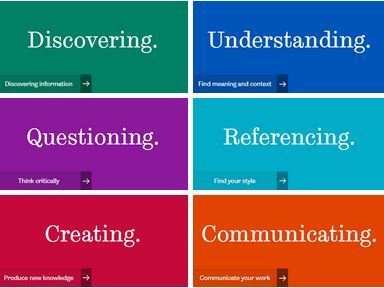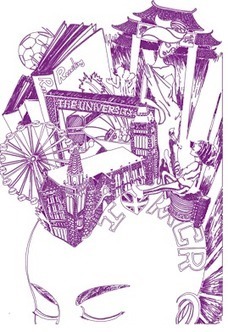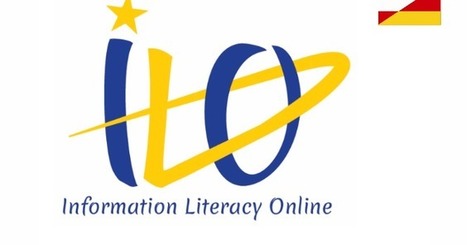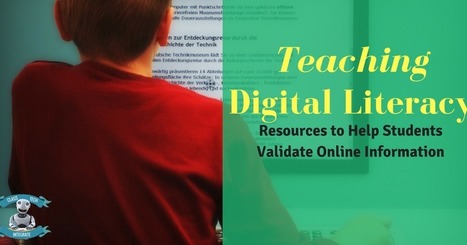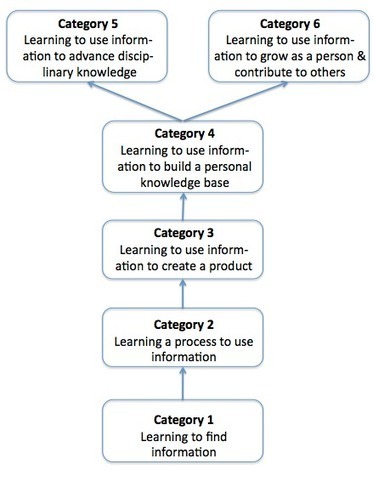The University of Manchester Library have launched an innovative suite of interactive e-learning resources covering a variety of information literacy and academic skills topics, which are freely available for use under a Creative Commons licence.
These online resources are highly interactive, using diverse and practical learning activities throughout each resource to provide frequent opportunities for users to practise relevant skills and techniques.
The suite includes:
Original thinking allowed: avoiding plagiarismGet a grip: understanding your taskShopping for information: introducing subject databasesPlanning ahead: making your search workFinding the good stuff: evaluating your sources
They seek to provide a fresh perspective on information literacy topics, using scenarios, student stories and analogies to make the content relevant to users, and highlight the transferable nature of information literacy and academic skills.
The resources are a part of the University of Manchester Library’s new My Learning Essentials skills programme, designed to help students to develop their academic skills and employability.
Visit the My Learning Essentials webpages to find out more, and to see the full list of resources available. The resources are all available for download via Jorum under a CC-BY-NC licence; just search “My Learning Essentials” on Jorum.
Via
Elizabeth E Charles,
Lynnette Van Dyke



 Your new post is loading...
Your new post is loading...



